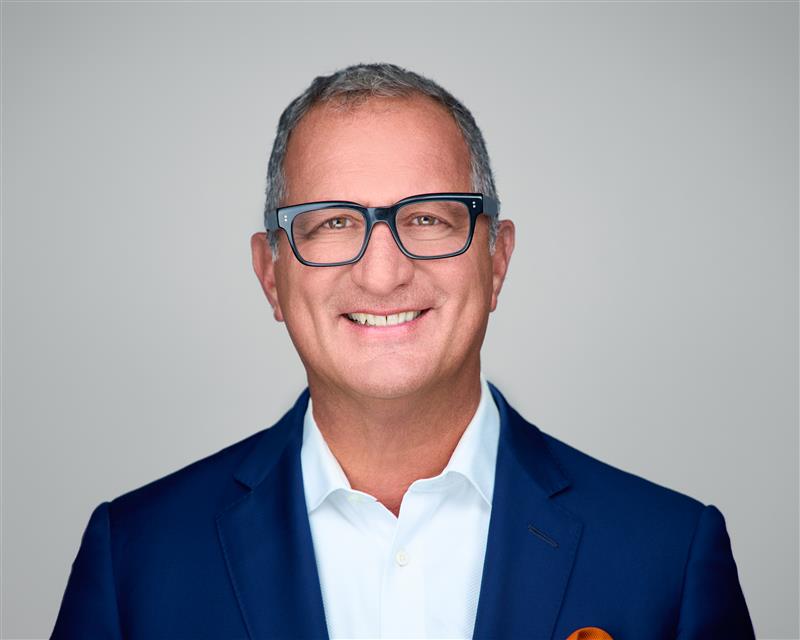Compounding is often viewed through the financial lens, but its magic can extend far beyond money and can be instrumental in shaping a richer life. In this reflection, we will explore two powerful forms of compounding that intersect in remarkable ways.
- The Financial and Mathematical Power of Compounding
- The Human Potential Behind Goals, Growth, and Purpose
Compounding Wealth
First, financial compounding is the amazing ability to make money with money over time. Albert Einstein famously said that “compounding interest is the eighth wonder of the world. He who understands it, earns it…he who doesn’t…pays it”.
The beauty lies in the math of compounding:
1 → 2 → 4 → 8 → 16 → 32
Said differently in financial terms:
$100,000 → $200,000 → $400,000 → $800,000 → $1,600,000 → $3,200,000
This illustration shows us the importance of getting the process started as soon as possible. That is why time is arguably the most important variable in the compounding equation.
The Rule of 72 is a simple way to figure out how long it would take to double your money at a specific rate of return. If your money is earning 7%, dividing 72 by 7% shows your money will double roughly every 10.3 years. At 9%, $1,600,000 will double in 8 years to $3,200,000.
Fundamentally, compounding relies on rate of return, time, discipline, risk/reward, and strategic asset allocation. But the real ‘secret sauce’ is truly your savings rate. You must save consistently to unlock compounding’s full potential. For instance: setting up systematic monthly contributions to your 401(k), brokerage account, Roth IRA, 529 plan; and letting the process do the heavy lifting.
Financial freedom doesn’t come from what you earn – it comes from what you save and own.
Compounding Life: Growing Joy, Purpose, and Momentum
Wealth is not the only thing that compounds. In fact, the most meaningful kind of compounding happens when you apply the same principles to your life.
What are you really saving for?
What matters most to you?
What is your why?
Just as money compounds, so do tiny efforts in the areas that can help maximize life:
- Learning something new (e.g., language, sport, hobby)
- Building strong relationships (family/friends/colleagues)
- Prioritizing health and mindset
- Creating memorable experiences
- Growing a business or team
- Surrounding yourself with positive growth-minded people
- Volunteering, mentoring, or giving back to others in your community
Small daily actions like reading ten pages of a book in an evening, having one thoughtful conversation, taking a walk around the neighborhood with your significant other – they may seem insignificant in the moment, but over time these tiny wins snowball into momentum, resilience, and joy.
Imagine planting a single acorn as your first “learning seed”. You water it daily by practicing that new skill or reading/asking questions or simply staying curious. At first, there is no sign of progress. But then, a shoot appears. A few leaves and a tiny tree.
Decades later, that acorn becomes a mighty oak – a living testament to your consistency and care. The leaves? They’re the skills you’ve learned, the insights you’ve gained, the confidence you’ve earned.
The Parallel Truth
Compounding in finance teaches us that lasting wealth is built quietly over time and not through quick wins. The same is true in life. Whether in dollars or days, the power of compounding rewards those who begin early, act consistently, and stay the course.
Whether you are saving for retirement or learning to play the piano, the formula is similar:
Start now. Have a plan. Stay consistent. Be patient. Water the seed!
Do you have a plan for maximizing your life? Act now.
Sources: The Psychology of Money (Morgan Housel), Rethinking Investing (Charles D. Ellis), Simple Wealth, Inevitable Wealth (Nick Murray), Mindset (Carol S. Dweck).

